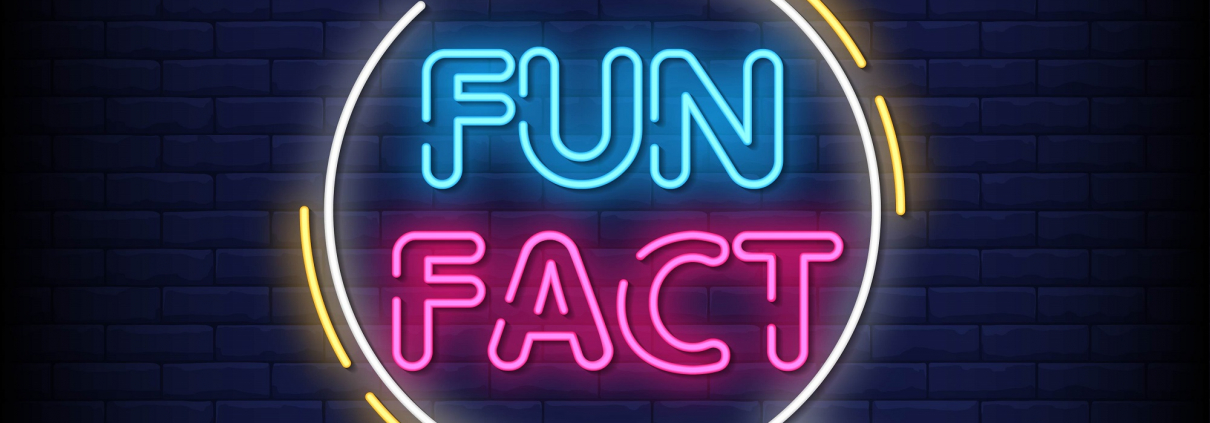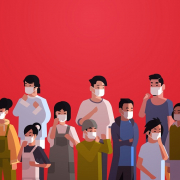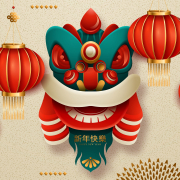Fun Facts About Translation
Translation services are an integral part of today’s global economy. But, where did translating begin? How did the translation machines of today come about? And where will translations be in the future? These are all interesting questions and we’ll answer them and more as we take a look at translations throughout history.
The First Translations
Given the fact that translating only refers to written work, the first translations did not originate until humans began to read and write; which was long after they began to communicate with each other verbally.
Given the fact that translating only refers to written work, the first translations did not originate until humans began to read and write; which was long after they began to communicate with each other verbally. Historians say that humans began writing in two different places independent from each other. The earliest of these was in Mesopotamia, primarily ancient Sumer, around 3200 BCE. This is also where we find our first known translation, the Sumerian epic Gilgamesh. Gilgamesh was translated into Asian languages around 2,000 BCE. From there we follow translation history to Buddhist monks who were translating ancient religious texts into Chinese.
Then there’s the Bible which has been translated many times over the years ( 531 and counting!) and, as a result, has contributed a great deal to the history of translations. The Jewish Torah, which makes up the first 5 books of the Bible, was first translated from its original Hebrew to Aramaic around 600 BCE. It’s also around this time that writing made it’s way to Mesoamerica (present day southern Mexico and portions of South America), which is the second place human writing was individually invented. Shortly after this time we begin to see translations throughout this area of the world as well.
Translating Becomes Widespread
As the human race continued to expand across the globe, so did the number of different languages spoken. The Greeks contributed greatly to the history of translations as did the Arabs and then the Romans who were adept at translating the myriad Greek writings that were left behind.
As more and more content was written, it needed to be translated in order to be shared with others. Translation services expanded exponentially over this time, and included nearly all languages used in countries that participated in trade. In fact, traders were some of the most adept translators in history simply out of necessity.
From here we see people increasingly able to travel and leave their “homeland”. Although they would assimilate and learn the local language and customs of their new home, translations were essential to help them begin. Then they would translate these new ideas and thoughts in order to share them with their families and friends back home.
Translation Services Today
After industrialization began in the mid 1700s, formal translation services really began to solidify and expand. Countries around the world were communicating even more and documents of all kinds were in need of translation. This great demand for accurate translations created a desire among translators to make their jobs easier. It is from this place that the current translation machines and automated translation memories were created.
Today these translation tools help companies and individuals build relationships in a fast paced, globalized world where accurate communication is essential; and it is predicted the need for translations will only continue to grow. That said, mechanized translations will never be able to exist on their own now or in the future. Localization services are always going to be required from humans in addition to translations so that the content translated is also catered to the current cultural norms in which it’s being presented. This is the only way the message can be conveyed accurately across cultures.
If you’re in need of translation and localization services now, or in the future, ITC Global Translations is ready to help. Our 1,500 expert translators and dedicated linguists can translate any type of content you have so you can communicate with your global audience successfully no matter what you have to say.





















Leave a Reply
Want to join the discussion?Feel free to contribute!